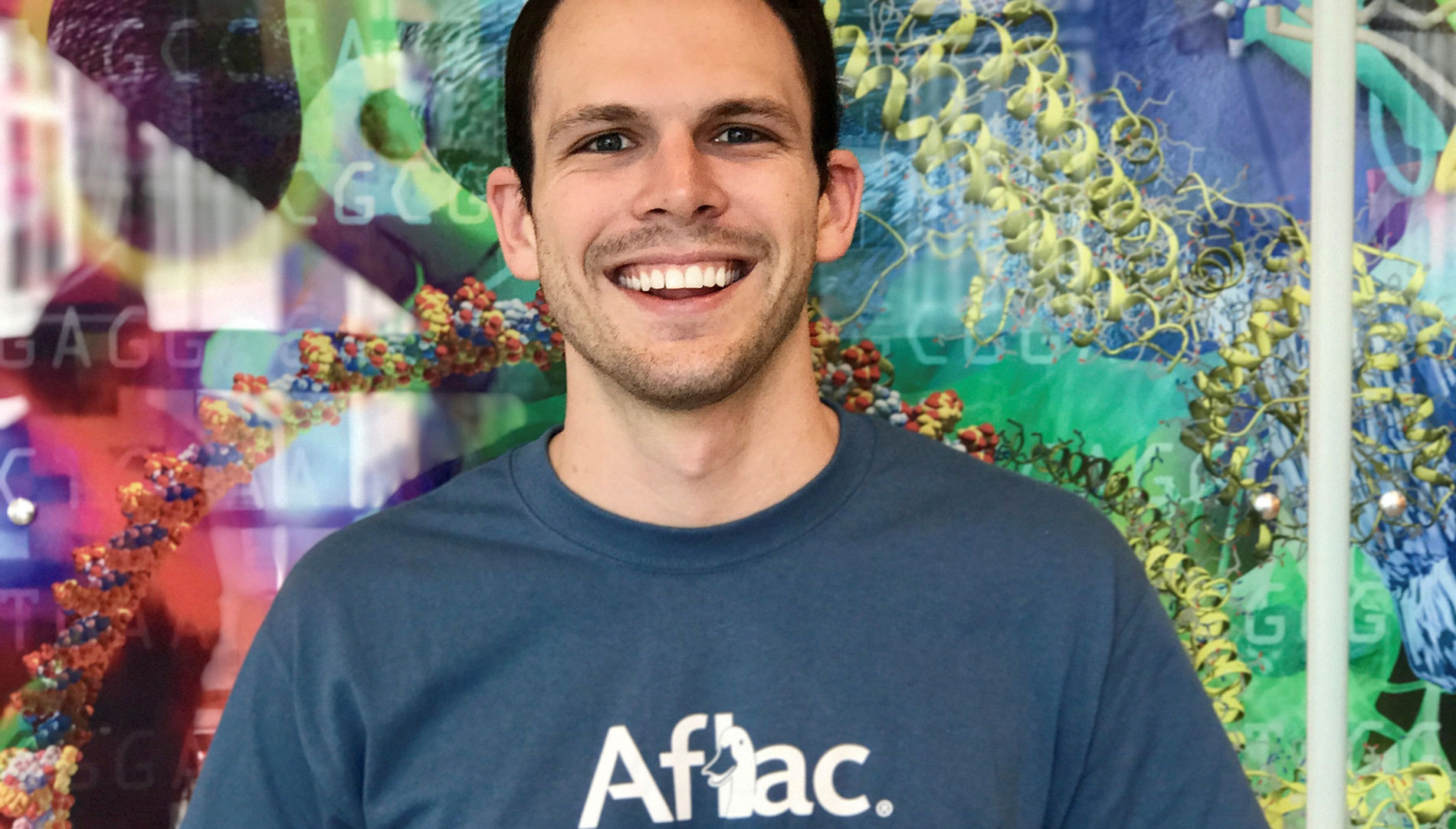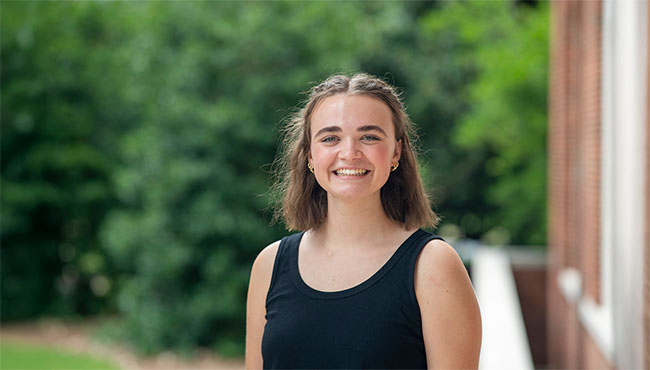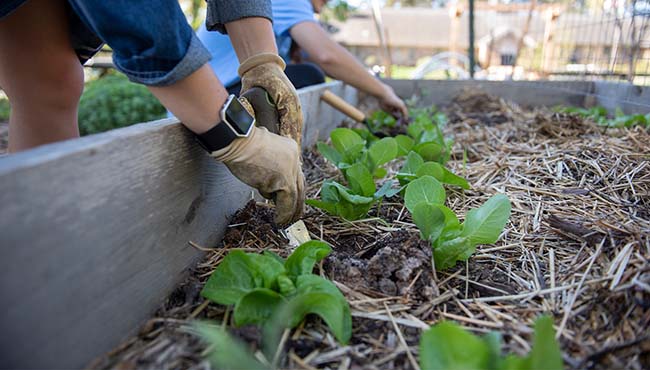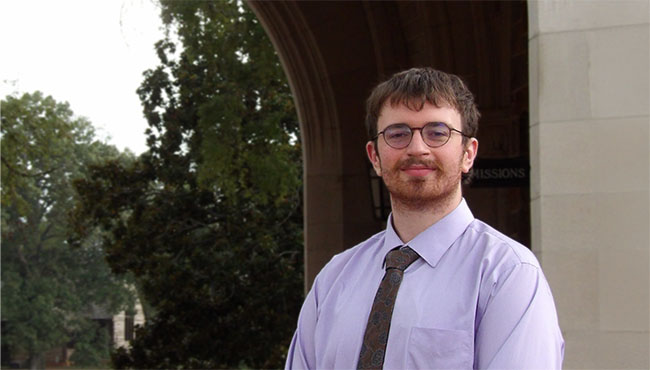Mentoring and extensive experience in research labs at Berry prepared 2015 grad James Ross for life as a postdoctoral research fellow in one of the world’s leading immunology research labs at Emory University.
Ross attended Berry with a Gate of Opportunity Scholarship, an innovative program offering recipients the chance to graduate with little or no debt by working their way through college with donor support. His research studies with Professor of Biology Michael Morgan paved the way for a summer research internship at the Augusta University Cancer Center during his sophomore year.
“Dr. Morgan was a very involved mentor and helped guide me through career-decision making, lab experience, choosing graduate schools, etc.,” Ross says. “Without the experience in his lab, I would not have been selected for the cancer center internship. He essentially helped start off my career in research and without his support throughout the years — even into graduate school — I wouldn’t be where I am today.”
Ross chose to major in biochemistry after his internship experience and applied for the Richards Grant, which awards students up to $5,000 for a two-year research project. The award funded Ross’ research in two labs at Berry during his junior and senior years. He studied bovine leukemia virus with Associate Professor of Biochemistry Dominic Qualley and molecular responses to environmental exposures in sea anemones in Morgan’s lab.
Ross’ work as a researcher at Berry cemented his decision to pursue a doctorate at Emory University. He entered the Graduate Program in Cancer Biology and received a federally funded grant from the National Institutes of Health for his dissertation project on the immune response in pediatric brain tumors. “There are currently no effective treatments for pediatric high-grade brain tumors, and most patients die within 12 months of diagnosis,” Ross explains. “My graduate work focused on determining what immune cells are present in these tumors and how they contributed to tumor growth.”
Ross hopes his research findings eventually lead to the development of targeted therapeutics for these young patients. His work resulted in several co-author and first-author publications, with his dissertation work recently accepted into Brain — one of the top academic journals for neurology.
After graduating with his Ph.D., Ross began his postdoctoral research in the lab of Rafi Ahmed, Ph.D., a world-renowned immunologist and director of Emory’s Vaccine Center. Ross is the recipient of the Cancer Research Institute Fellowship, a competitive grant that funds research aimed at improving the prognosis of immunotherapy cancer patients.
Down the road, Ross would like to run his own research lab investigating neuroinflammatory diseases and brain tumors. Qualley speaks highly of his scientific acumen and promising future: “James is truly a scientist in every sense of the word. He wants to understand everything about his research projects, and he excels at conveying that information to an audience.”



